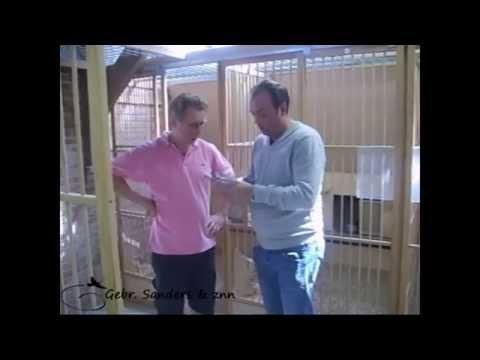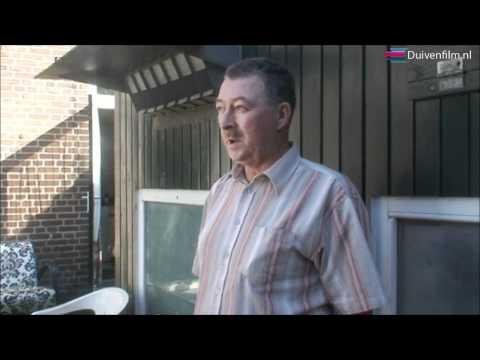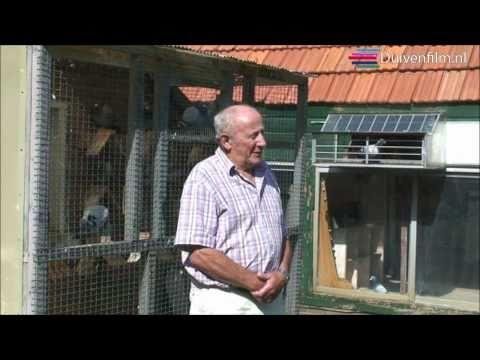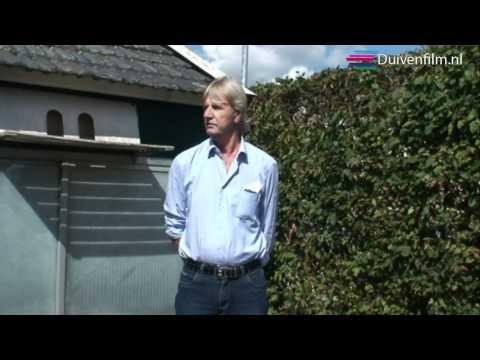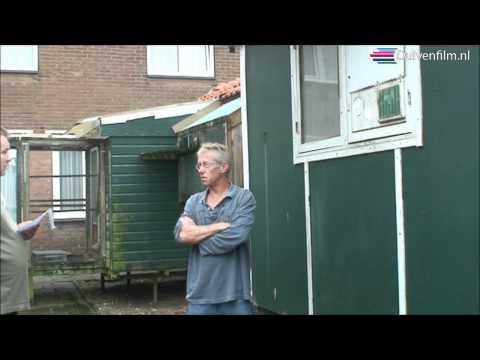In this conversation, Kevin and Dennis discuss nursing care in a prolonged field care (PFC) setting. Kevin, an experienced nurse anesthetist, provides insights into when PFC nursing care begins and the importance of gathering data and assessing patients. He emphasizes the role of nurses in providing interventions such as pulmonary toileting, turning patients, skincare, dressing changes, medication infusions, and more. Kevin also discusses the challenges of training for PFC and the need to have a standard of care before entering the field. He shares practical tips for cleaning patients and changing interventions in a resource-limited environment. In this part of the conversation, Kevin and Dennis discuss the importance of getting to know the patient and recognizing when interventions are not working. They also talk about the need for clear guidelines and parameters for nursing care, as well as the challenges of providing nursing care in a prolonged field care setting. Kevin emphasizes the importance of turning patients, preventing skin breakdown, and doing proper pulmonary toileting. He also suggests learning from historical examples, such as the Navy's approach in the South Pacific during World War II, to solve the challenges of prolonged field care.
Takeaways
Prolonged field care nursing begins when life-saving interventions are complete and the patient is stable.
Nursing care in PFC involves gathering data, assessing patients, and providing interventions such as pulmonary toileting, skincare, dressing changes, and medication infusions.
Training for PFC should include working in an ICU to learn the standard of care and understand what gets degraded in the field.
In a resource-limited environment, improvisation and prioritization are key in providing nursing care.
Monitoring vital signs and recognizing changes is crucial in determining when to involve a provider in the patient's care. Getting to know the patient and recognizing when interventions are not working is crucial in providing effective care.
Clear guidelines and parameters for nursing care are important to ensure proper treatment.
Turning patients, preventing skin breakdown, and doing proper pulmonary toileting are essential nursing interventions.
Learning from historical examples, such as the Navy's approach in the South Pacific during World War II, can provide valuable insights for solving the challenges of prolonged field care.
Thank you to Delta Development Team for in part, sponsoring this podcast.
deltadevteam.com
For more content go to www.prolongedfieldcare.org
Consider supporting us: patreon.com/ProlongedFieldCareCollective or www.lobocoffeeco.com/product-page/prolonged-field-care
Takeaways
Prolonged field care nursing begins when life-saving interventions are complete and the patient is stable.
Nursing care in PFC involves gathering data, assessing patients, and providing interventions such as pulmonary toileting, skincare, dressing changes, and medication infusions.
Training for PFC should include working in an ICU to learn the standard of care and understand what gets degraded in the field.
In a resource-limited environment, improvisation and prioritization are key in providing nursing care.
Monitoring vital signs and recognizing changes is crucial in determining when to involve a provider in the patient's care. Getting to know the patient and recognizing when interventions are not working is crucial in providing effective care.
Clear guidelines and parameters for nursing care are important to ensure proper treatment.
Turning patients, preventing skin breakdown, and doing proper pulmonary toileting are essential nursing interventions.
Learning from historical examples, such as the Navy's approach in the South Pacific during World War II, can provide valuable insights for solving the challenges of prolonged field care.
Thank you to Delta Development Team for in part, sponsoring this podcast.
deltadevteam.com
For more content go to www.prolongedfieldcare.org
Consider supporting us: patreon.com/ProlongedFieldCareCollective or www.lobocoffeeco.com/product-page/prolonged-field-care
Log in of aanmelden om een reactie te plaatsen.
Wees de eerste die een reactie plaatst.







